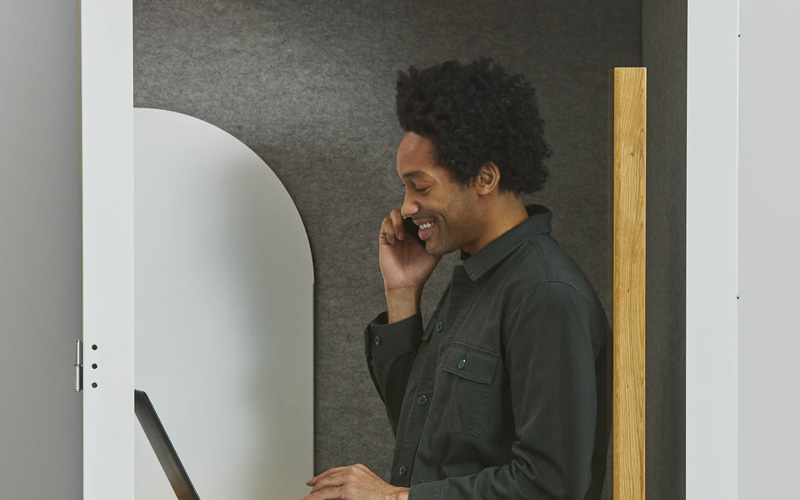Changing Urban Landscapes: The Role of Startups in the Future of Real Estate
Urban landscapes worldwide are undergoing unprecedented transformations. Increasing urbanisation trends, with over 55% of the global population now living in cities, coupled with the cascading effects of the COVID-19 pandemic, are reshaping our cities in ways we could hardly have imagined a few decades ago. Consequently, city infrastructure and the overall quality of urban life have come under scrutiny. Enter startups, the new urban visionaries, addressing these urban complexities innovatively and holistically.
An Integrated Approach to Urban Development
Cities today are more than just conglomerates of buildings; they are complex ecosystems that require a comprehensive and integrated approach to ensure sustainable growth. Traditional methods of tackling urban issues in isolation are inadequate, and urban development necessitates a system that addresses challenges in an interconnected manner. This is where startups, with their ability to offer innovative, scalable, and quick solutions, come into play.
Accelerator programs like URBAN-X are driving this change by providing startups with the requisite funding and resources. The startups thus empowered are ushering in an era of smart cities, focusing on diverse sectors like infrastructure efficiency, public health enhancement, urban technology revitalisation, and more. These initiatives, although small-scale, have the potential to bring about large-scale solutions, shaping our urban future.
A Rise in Luxury Homes and Estates
In this dynamic urban landscape, a particular trend that has gained momentum is the shift toward luxury homes and estates in Australia. As people strive for better living standards and desire more sophisticated lifestyles, this shift is rapidly becoming more prominent.
Real estate startups like Maidment group Townsville are tapping into this trend, employing cutting-edge technologies to deliver world-class luxury properties that meet the evolving demands of discerning customers. The transformation of Australia's urban landscape is thus a fascinating blend of innovation, luxury, and a deeply felt need for superior quality living spaces.
The Transformation of Real Estate and Infrastructure
Notably, startups are bringing about a revolution in the real estate sector. For instance, Hosta Labs is creating 3D models from ordinary pictures to facilitate design and renovation. By simplifying the process of obtaining room dimensions and generating floor plans, they're altering the ways we experience and furnish our living spaces.
Likewise, Roadbotics is leveraging artificial intelligence to automate inspections and generate detailed, objective data about infrastructure. Their application allows users to create comprehensive road surveys that identify deficiencies efficiently and cost-effectively. On the other hand, FIRMUS AI employs machine learning to offer real-time alerts about potential construction errors, thereby improving the precision of building constructions.
The Rise of Civic Intelligence Platforms
An integral part of reshaping the urban landscape is the rise of civic intelligence platforms. Startups like Stae are creating such platforms to empower local governments to leverage and visualise all city data sources in a user-friendly environment. The deployment of such smart city solutions is simplifying the process of urban planning and governance, paving the way for smarter, more livable cities.
Driving Urban Innovation
Waiting for public policy changes or corporate solutions to resolve the growing urban complexities isn't the most pragmatic approach. Instead, an environment that fosters small yet impactful ideas, often from the private sector, can significantly expedite urban innovation. The interplay of technology, markets, and policy is thus crucial in this context.
In conclusion, the future of real estate and urban development rests on the shoulders of startups. These agile, innovative entities are not just reshaping the real estate sector; they are transforming the very fabric of our urban spaces. As the urban landscape evolves, so does our dependence on these startups, making them pivotal to creating the smart cities of tomorrow.
0



.jpg)
